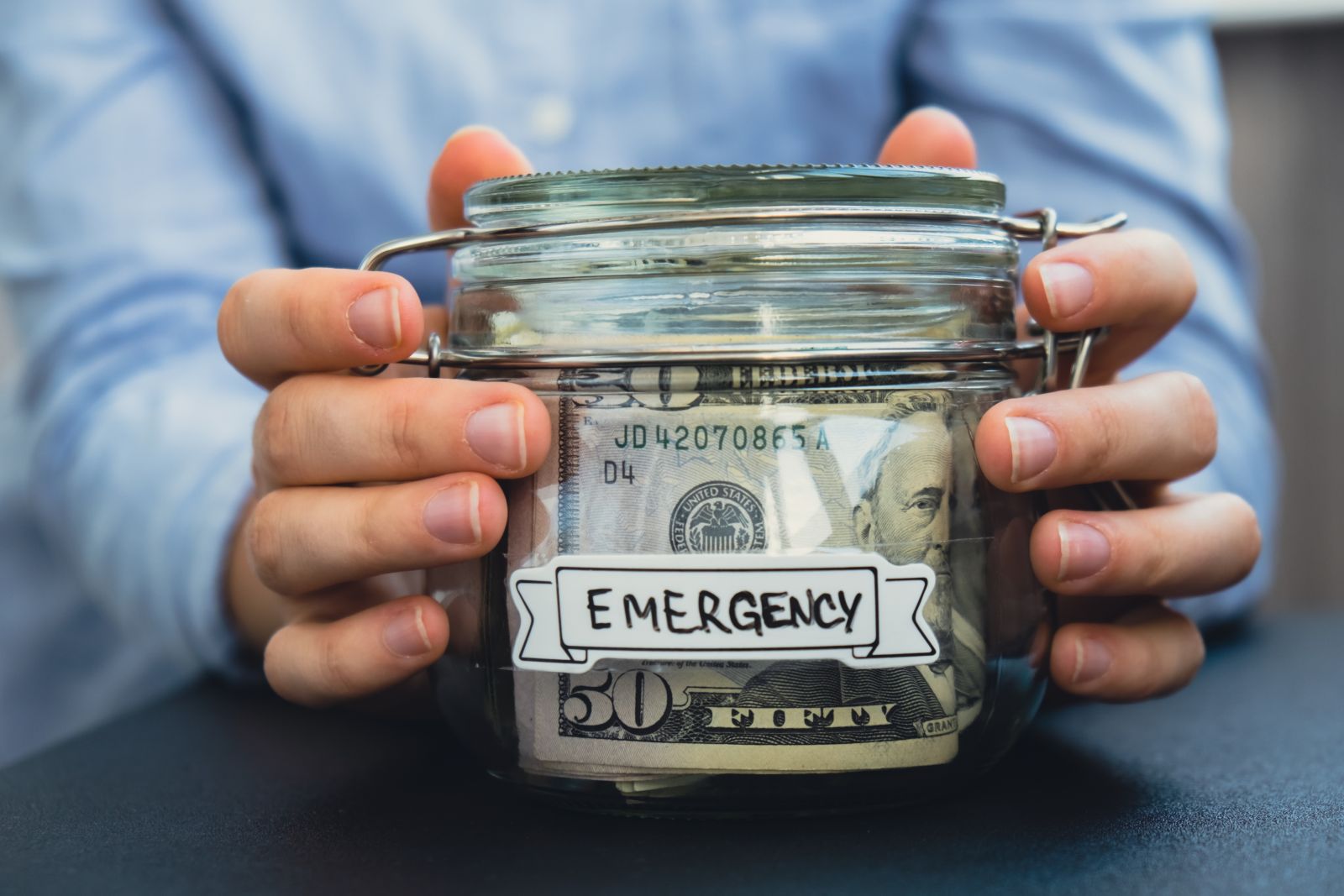How to Save Money on a Low Income Without Sacrificing Life

Making ends meet on a limited income might seem like a difficult job. In a world where every paycheck barely covers the basic needs, it could appear as if there’s nothing left to save for the future. Saving isn’t dependent on how much you make, but rather managing the money you do have. If you make the right decisions, it’s possible to save money without sacrificing the level of living. Knowing how saving can be a slow process will help alleviate stress and opens up the door to strategies that are practical.
Creating a Realistic Budget Based on Your Income
The key to securing savings with a small income is establishing an appropriate budget that is tailored to your personal financial situation. This involves being transparent about the amount of money you make every month and keeping track of every expenditure, no matter how small. A budget can help you understand where your money goes and helps you identify ways to reduce your spending without affecting your satisfaction. Setting aside a certain amount for savings even if the amount is tiny, makes the goals more feasible and develops discipline over time.
Prioritizing Essentials While Allowing Flexibility
If income is scarce when income is limited, it is important to prioritise essential expenses like housing and utilities, food and transportation. But, saving money should not mean completely removing the things that bring pleasure and harmony into your life. Having some flexibility in recreation, hobbies or even occasional treats can help to keep motivation high and improve mental health. The trick is finding ways to have fun without spending too much like pursuing opportunities for community involvement or cooking at home or simply enjoying the outdoors.
Reducing Expenses Through Smart Shopping
One of the best methods for saving money becoming a more informed consumer. This includes making comparisons by using coupons, shopping in bulk, and selecting generic brands over the name brands. Making meal planning and shopping lists can help reduce buying on impulse and food waste. Furthermore, making the most of sales and discounts could increase your spending. Small changes can make a difference and will create money to spend on savings.
Finding Additional Sources of Income
While managing your expenses is crucial however, increasing income could improve your chances of saving. A lot of people who earn low incomes can make extra money by working part-time work such as freelance work or selling unwanted items. Small amounts of additional income can make a huge change over the course of the course of. Being flexible and open to new opportunities can give you the financial freedom you need without the complete overhaul of your lifestyle.
Building an Emergency Fund Gradually
A fund for emergency expenses is crucial to ensure financial security, particularly when you’re living on a limited income. In the event of unexpected expenses, such as car repairs, medical bills or home maintenance may result in major financial setbacks when you don’t have enough savings to pay for them. Start by saving the amount you can afford every month, regardless of how small, and slowly build up your savings as time passes. Even a small emergency fund eases the burden and helps avoid relying on credit cards or loans with high interest.
Leveraging Community Resources and Support
A lot of communities have services that help cut cost of living without sacrificing quality of living. This could include clothing exchanges, food banks and free or low-cost health clinics, as well as public transportation subsidy. Making use of these resources can free up cash for savings as well as essentials. It is essential to investigate the local options and be prepared to seek assistance when required. The decision to accept help is a good decision in the financial realm, and not an indication of failure.
Practicing Mindful Spending and Gratitude
Making money even on a small income can mean changing your way of thinking about spending and money. The practice of mindful spending involves making decisions that are conscious about your purchases, and focusing on the needs instead of desires, and focusing on the things that you have. Be grateful for the things that add value to your life can reduce the need to buy unnecessary things. This change in perspective could lead to more deliberate spending, and a higher feeling of satisfaction.
Avoiding High-Interest Debt and Using Credit Wisely
The high-interest debts, like payday loans and credit card balances can rapidly drain your bank account and make it difficult to save. It is essential to stay clear of getting into debt is difficult to repay. If you have debt, make a plan to repay it over time. Making use of credit only when it is necessary, helps safeguard your financial well-being and guarantees that you have more money accessible for savings and other essential expenses.
Celebrating Small Wins to Stay Motivated
Making money even with a small income is a process that takes patience and perseverance. Recognizing small victories, like hitting a savings milestone, or sticking to your budget for the month can help you stay motivated. Celebrate the achievements you have made and reward yourself with inexpensive ways that don’t compromise the financial objectives you have set. Positive reinforcement can help maintain progress and helps make the road less intimidating.
Conclusion
Making ends meet on a limited income without compromising your lifestyle is a challenge but it is doable. If you create a budget that is realistic by prioritizing your essential expenses and enjoying yourself shopping wisely, finding extra income, establishing your emergency savings account, and making use of the resources of your community, you can achieve steady progress towards reaching your goals in financial terms. Making conscious choices about spending money and avoiding debt with high interest and recognizing small victories can keep you focused and financially sound. Be aware that saving is not about being perfect, but rather making consistent sensible choices that will benefit your health today and into the future.
FAQs
1. What do I need to save every month, if I earn the lowest income?
Even a tiny amount, like $10 or $20 per month, will increase over time. The most important thing is to be consistent and altering the amount when your situation gets better.
2. How can I make money while cutting my activities of leisure?
It’s essential to keep a healthy balance. Find low-cost or free activities, and indulge in occasional treats so that you don’t feel hungry.
3. What if I face unexpected expenses that eat away my money?
This is why establishing an emergency fund slowly is crucial. If an emergency takes out your savings, concentrate on rebuilding it as fast as you can.
4. Are any software tools available to assist me in managing my finances better?
Simple spreadsheets and budgeting apps will help you track your the income and expenditure and make it easier to keep towards your goals for savings.
5. Do you think it is worth looking for opportunities to earn additional income?
It’s true that even a small amount of extra income can offer relief and allow you to save money faster, without drastically altering your life.





